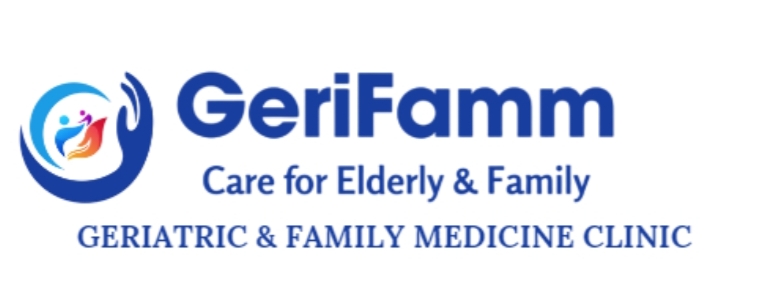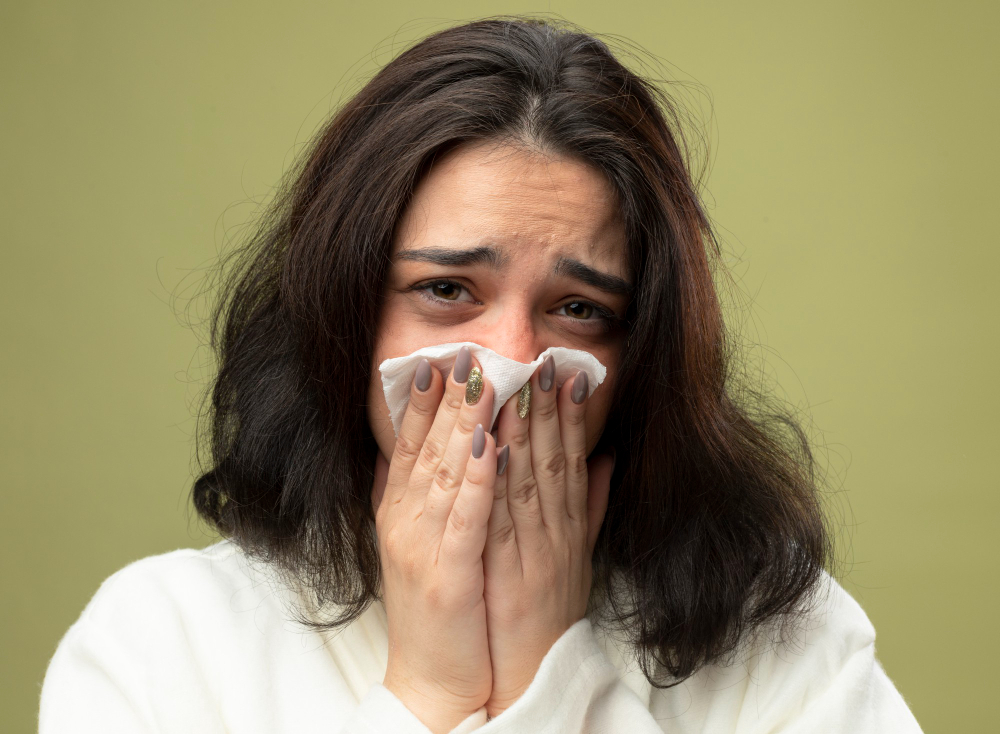Introduction to Allergic Rhinitis
Allergic Rhinitis is a common condition that affects millions of people in the United States. It happens when your body reacts to allergens like pollen, dust, or pet dander. As a result, you may have sneezing, a runny nose, or itchy eyes. Many families deal with these symptoms, especially during certain seasons. But did you know that Allergic Rhinitis can also lead to sinus problems? Understanding the link between Allergic Rhinitis and sinusitis can help you manage both conditions better.
Symptoms of Allergic Rhinitis
Recognizing allergic rhinitis symptoms is important. Early treatment can prevent more serious issues. Common symptoms include:
Sometimes, these symptoms can last for weeks. In some cases, they may get worse during certain times of the year.
Causes and Risk Factors
Allergic Rhinitis happens when your immune system overreacts to harmless things. These things are called allergens. Common causes include:
Several risk factors can make you more likely to get Allergic Rhinitis. For example, having a family history of allergies increases your risk. Living in areas with high pollen counts or pollution can also play a role. Children and young adults are often more affected.
How Allergic Rhinitis Relates to Sinusitis
Many people wonder about the difference between allergic rhinitis and sinusitis. While they are not the same, they are closely linked. Allergic Rhinitis causes swelling in your nose. This swelling can block your sinuses. When sinuses get blocked, mucus builds up. As a result, you may develop sinusitis, which is an infection or inflammation of the sinuses.
In fact, people with Allergic Rhinitis are more likely to get sinus infections. Treating allergies early can help prevent sinus problems. According to the CDC, managing allergies can lower your risk of sinusitis.
Diagnosis
Doctors diagnose Allergic Rhinitis by asking about your symptoms and medical history. Sometimes, they may do a physical exam. In some cases, allergy tests are needed. These tests can show what you are allergic to. Blood tests or skin prick tests are common. Early diagnosis helps you get the right treatment and avoid sinus issues.
Treatment Options
There are many treatment options for Allergic Rhinitis. Your doctor may suggest:
In addition, avoiding known allergens can help. For example, keeping windows closed during high pollen seasons can reduce symptoms. Always talk to your doctor before starting new medicines.
Lifestyle Tips and Prevention
Simple lifestyle changes can make a big difference. Here are some tips for preventing sinus problems and managing Allergic Rhinitis:
By following these steps, you can lower your risk of both Allergic Rhinitis and sinusitis.
When to See a Doctor
Sometimes, home care is not enough. You should see a doctor if:
Early treatment can prevent more serious problems. Your doctor can help you find the best plan for your needs.
Conclusion & Call-to-Action
In summary, Allergic Rhinitis and sinusitis are closely connected. Managing allergies can help prevent sinus problems. If you have ongoing symptoms, do not wait. Consult a healthcare professional for personalized advice on allergic rhinitis and sinus health.

